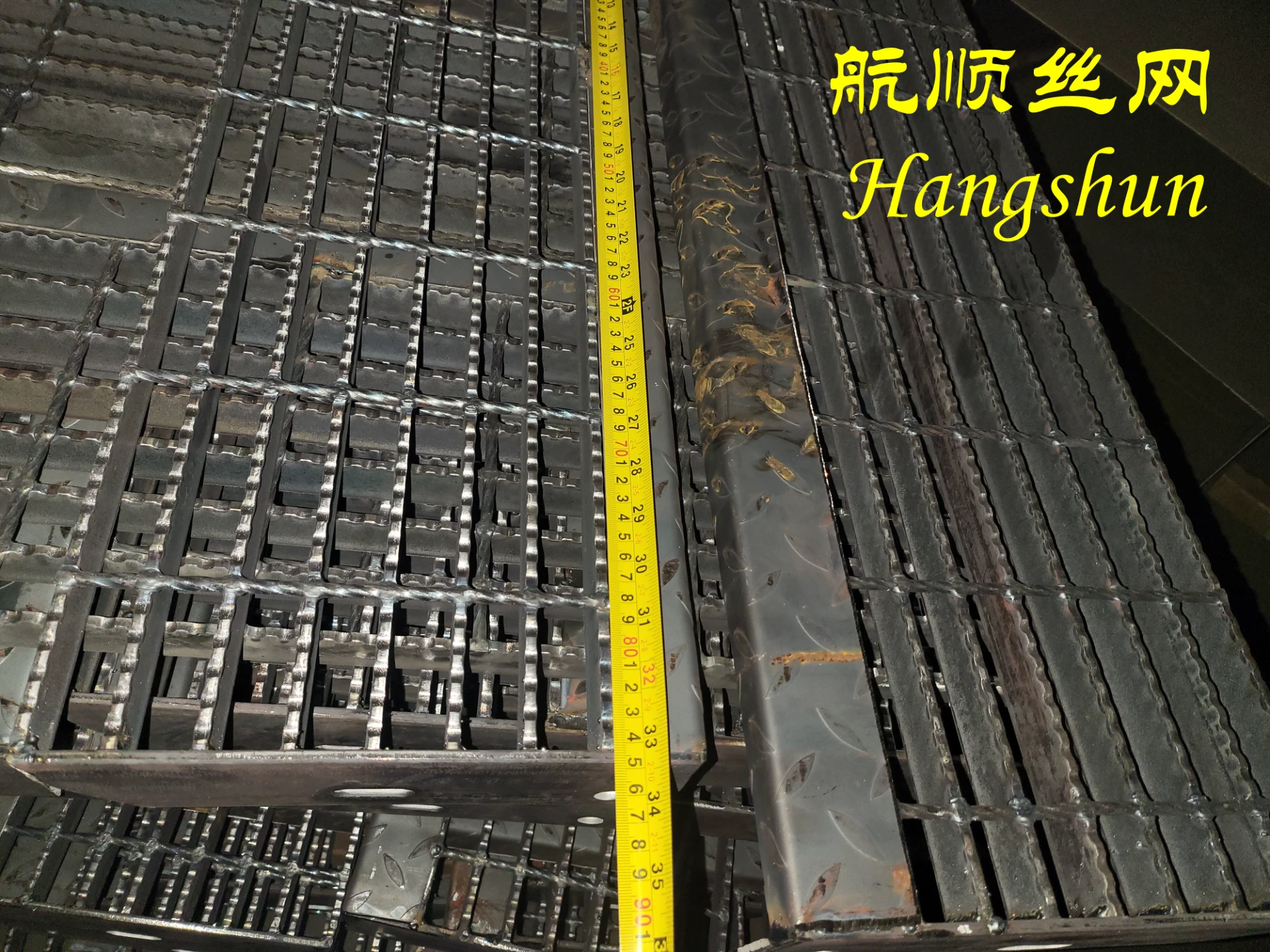- Industrial zone, South of Anping Town, Hengshui, Hebei, China.
- sales@hfpetromesh.com
- +86-18931809706
steel grid floor
The Advantages of Steel Grid Flooring
In the realm of modern construction and industrial applications, the choice of flooring material plays a pivotal role in ensuring safety, durability, and functionality. One increasingly popular option is steel grid flooring. Composed of a lattice-like structure of steel bars, this flooring type offers numerous benefits that make it suitable for a variety of settings, from factories and warehouses to commercial buildings and outdoor facilities.
Design and Structure
Steel grid flooring is characterized by its open mesh design, which allows for excellent drainage and airflow. This feature is particularly beneficial in environments where spills or moisture accumulation may occur. Unlike solid flooring options, steel grid flooring can prevent water pooling, reducing slip hazards and ensuring a dry surface. The open design also allows for quick drying, which can be essential in maintaining safety and hygiene, particularly in food processing plants and laboratories.
Strength and Durability
One of the standout characteristics of steel grid flooring is its impressive strength and durability. Steel has a high tensile strength, allowing it to support heavy loads and withstand the rigors of daily use. This makes it an ideal choice for industrial applications where heavy machinery, pallets of goods, or large foot traffic is common. Unlike traditional wooden or concrete floors that may crack or deteriorate over time, steel grid flooring maintains its integrity under pressure, making it a long-term investment that requires minimal maintenance.
Safety Features
steel grid floor

Safety is a paramount consideration in any work environment. Steel grid flooring enhances safety through its slip-resistant surface. The grid pattern promotes traction, which is particularly advantageous in areas where moisture is frequently present. Additionally, the visibility offered by the grid design can help workers maintain awareness of their surroundings, further mitigating accidents. Furthermore, steel flooring is non-combustible, providing an additional layer of fire safety, a vital aspect in environments that deal with flammable materials.
Environmental Considerations
Steel grid flooring is also an environmentally friendly choice. Steel is a highly recyclable material, meaning that opting for steel grid flooring can contribute to a more sustainable construction process. Many manufacturers utilize recycled steel in their products, reducing the overall demand for new materials and minimizing environmental impact. Additionally, the longevity of steel grid flooring reduces the need for replacement, further conserving resources.
Versatility and Customization
Another significant advantage of steel grid flooring is its versatility. It can be customized to meet the specific needs of different applications. Available in various sizes and designs, it can be tailored for use in industrial settings, commercial spaces, or even residential applications. Its lightweight nature allows for easy installation and modifications, catering to changing operational needs.
Conclusion
In conclusion, steel grid flooring emerges as a strong contender in the roofing materials arena, combining strength, safety, and sustainability. Its ability to withstand heavy loads, resist environmental wear and tear, and enhance safety makes it an excellent investment for various sectors. With the added benefits of versatility and eco-friendliness, steel grid flooring is well-poised to continue gaining traction as a go-to solution for modern construction needs. As industries increasingly prioritize safety and sustainability, steel grid flooring stands out as a pragmatic and progressive choice.
-
The Power of Pyramid Shaker Screen - A 3-Dimensional SolutionNewsOct.24,2024
-
Exploring the Versatility and Durability of Steel GratingNewsOct.24,2024
-
Revolutionizing Drilling Efficiency with Steel Frame Shaker Screens for Mud Shale ShakersNewsOct.24,2024
-
Potential of Shale Shaker ScreensNewsOct.24,2024
-
Offshore Pipeline Counterweight Welded Mesh - Reinforced Mesh in Marine EngineeringNewsOct.24,2024
-
Revolutionizing Offshore Pipeline Stability with Concrete Weight Coating MeshNewsOct.24,2024
